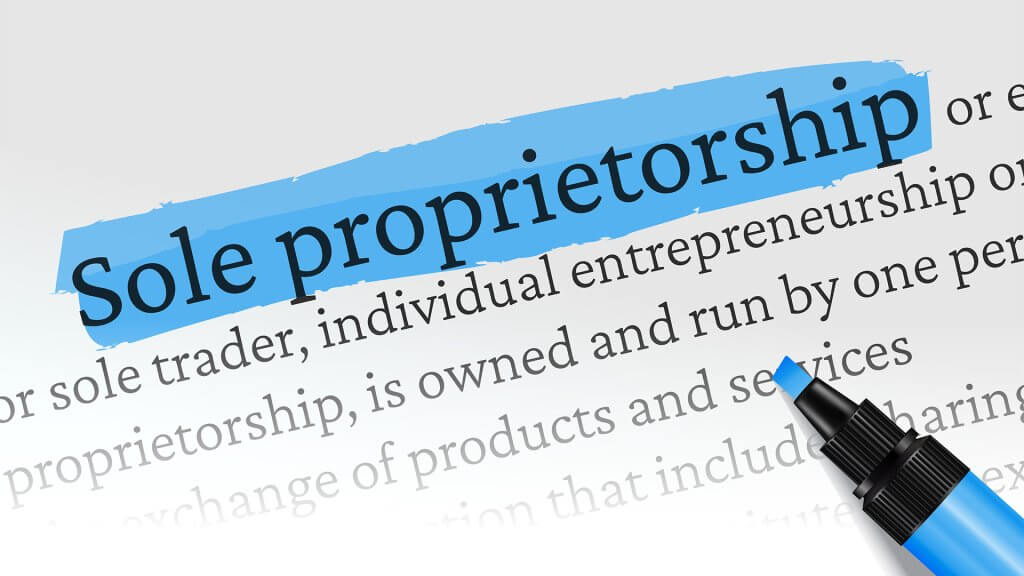
Thomas Lowe, head of product at Winterflood Business Services
The UK financial industry faces a wave of disruption. Customers are demanding digital, personalised and seamless client experiences. Meanwhile, regulators are driving best practice around data security and industry professionalism to ensure clients’ prized assets are kept in safe hands.
On top of that, CEOs and business leaders must consider the impact of game-changing technology. Blockchain is fast coming out of the industry shadows; the global coronavirus pandemic has seen an explosion of interest in the technology, as bitcoin’s parabolic price movements have hit the headlines.
Even the Bank of England (BoE) is responding to the technology’s potential for mass appeal. The BoE and the Treasury have announced they are exploring the potential for a central bank digital currency. Sitting alongside cash and bank deposits, it could be used by businesses and households. The BoE recognise we are in a “period of significant change in money and payments” and are consulting widely with industry stakeholders.
Blockchain’s ascent can also been seen in how it has become a strategic imperative for businesses. In 2018, Gartner found that just 8% of CIOs were considering blockchain as part of their short-term roadmap, but by 2020 55% of respondents to a survey by Deloitte viewed blockchain as a top-five strategic priority. This emergence may well have far-reaching implications for the financial services industry.
Injecting value into the chain
As seen in industries such as transport, retail, agriculture and logistics, digital technologies (APIs, cloud, mobile, AI) can be hugely disruptive when coupled with the right product vision – and this is the same with blockchain. But to date, the financial services industry has lagged other industries in embracing such technology. To overcome this challenge, we believe businesses must collaborate with other visionary companies and industry bodies to re-awaken the potential for financial services.
We are already seeing strategic partnerships breaking new ground with third-party organisations building applications and services around financial institutions by using open APIs. This will help drive the pace of change in the financial services sector.
Blockchain could also play a starring role in this evolution and many technologists look to bitcoin as evidence of its transformative potential. But there are good reasons why financial services has lagged other industries in the blockchain stakes.
A fundamental point is how you can operate in financial services where trusted 3rd parties have been essential factors for centuries. Blockchain works well for moving data or ‘inventory’. However, where you are transacting cash for a product, settlement banks, clearing houses and registrars have always played an integral role. It is difficult, in the near term, to see this changing. Instead, we see blockchain injecting value into the chain by speeding up processing, rather than re-inventing the wheel.
For example, we are supporters of TURN (TISA Universal Reporting Network), a recently launched industry blockchain solution, which will provide value-add services such as data collection, validation and aggregation, for asset managers, platforms, wealth managers and distribution businesses. The overall aim of this alliance is to help more businesses enhance market compliance, reduce regulatory and operational costs, and provide better outcomes to clients.
Prior to this, we saw the Utility Settlement Coin initiative tokenise fiat currencies on a blockchain to solve the ‘cash on a ledger’ problem. This could potentially have a transformative impact on the post-trade process. The idea was born in 2015 as an opportunity to facilitate payment and settlement for institutional markets using blockchain. Underpinning the initiative was a desire to collaborate with central banks, with guaranteed convertibility into fiat currency at par.
System of distrust
It is also important to separate cryptocurrencies such as bitcoin from blockchain – the technology that underpins those cryptocurrencies. Bitcoin, initially seen as a decentralised global currency, now appears to have been rebadged as a store of digital value. Blockchain, on the other hand, is a much broader proposition with tremendous potential.
At a basic level, blockchain is a subset of distributed ledger technologies. It makes use of sophisticated cryptography, distributed computing and consensus mechanisms. The technology is motivated by a critical question: how can we trust that the information in a database is accurate?
Standard database technologies rely on a ‘universally trusted authority’. We can only trust the information if we also trust the authority, but we typically have no transparency over how the authority might manipulate the data in the background. This imbalance of power between the trusted authority and the data consumer can cause real harm. The accounting scandals of the early 2000s, for instance, were possible only because companies were able to opaquely manipulate the information they provided to consumers and investors.
From the early 1980s, researchers recognised that the explosion of IT adoption posed significant risks to society along these lines. Blockchain has its roots in a strand of technological research which explicitly sought to decentralise away from ‘universally trusted authorities’ towards ‘mutually suspicious’ stakeholders. Instead of relying on one authority as a source of truth, blockchain provides a system of record which has checks and balances built into it that enable different versions of the truth to be reconciled transparently. As such, its strength lies in the fact that the network is not controlled by one source, but by mutual negotiation between different sources.
Indeed, blockchain is driven entirely by the concept of distrust. Blocks of information are distributed across a peer-to-peer network in which peers are programmed inherently to distrust one another. Every interaction on the blockchain requires that peers reconcile their respective versions of the truth with one another and, where discrepancies arise, resolve those discrepancies via a mutually agreed algorithm.
Collaboration is fintech’s future
It follows from this that if businesses focus their efforts on building private blockchains, this is tantamount to recentralising control over the network back into the hands of a single authority, thereby undermining its biggest strength.
The financial services industry has taken its next step on the path to transparency and accountability in the form of open banking, the Senior Managers’ Regime, MiFID II and GDPR. The sceptical decentralised model offered by Blockchain offers the opportunity for a further leap forwards with respect to transparency and decentralisation in financial services.
As such, the applications of blockchain offering the greatest gains in financial services will come from collaboration between organisations to build more open, transparent infrastructure for the trading of financial instruments, wealth platform offerings and banking. The organisations that move first in this direction may have the opportunity to build customer trust on the back of radical transparency.
The API community is also underpinned by trust – and this is why blockchain could be an essential element of connectivity in an API stack. Blockchain APIs will be used to transfer value and an even greater spectrum of options to customers – while enhancing security and transparency.
The financial services and platform industry is beginning to understand the true value and potentially seismic impact of blockchain technology to generate new revenue, improve end-user experience, increase speed of transactions and build the trust of customers. Over the next decade, we believe blockchain will become intrinsic to the fabric of the entire fintech eco-system by injecting new value.




















